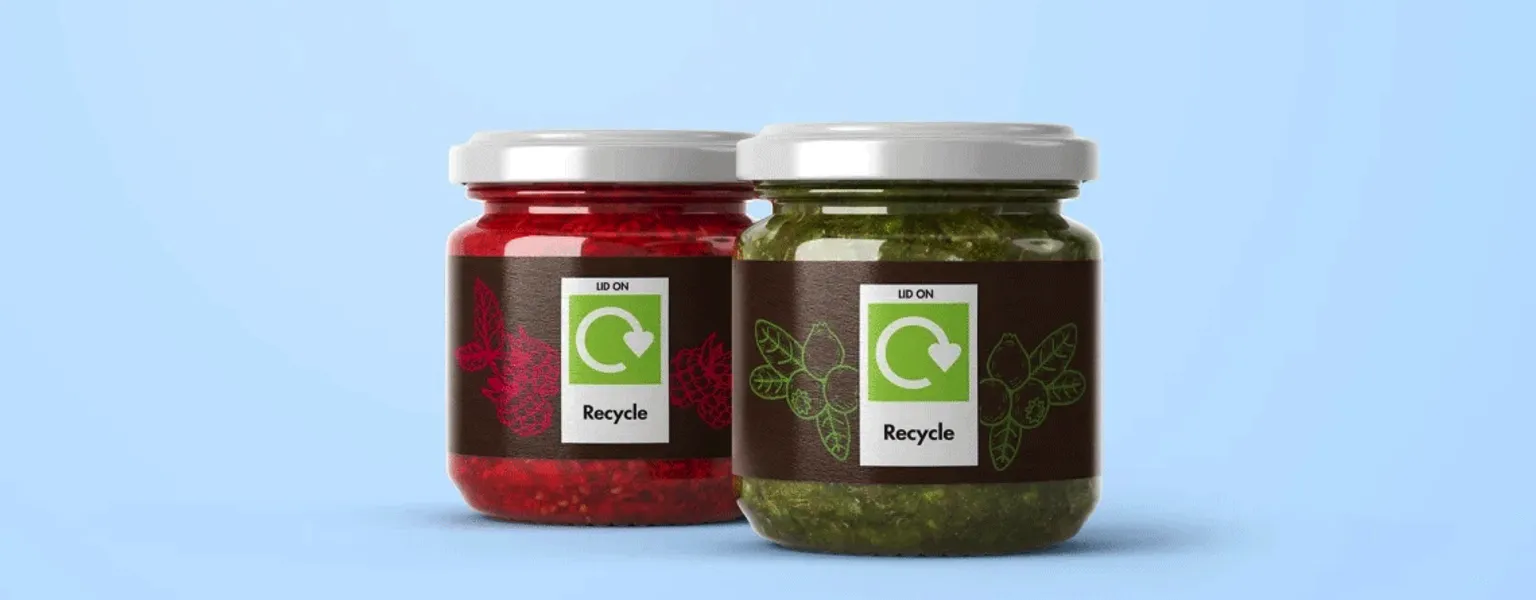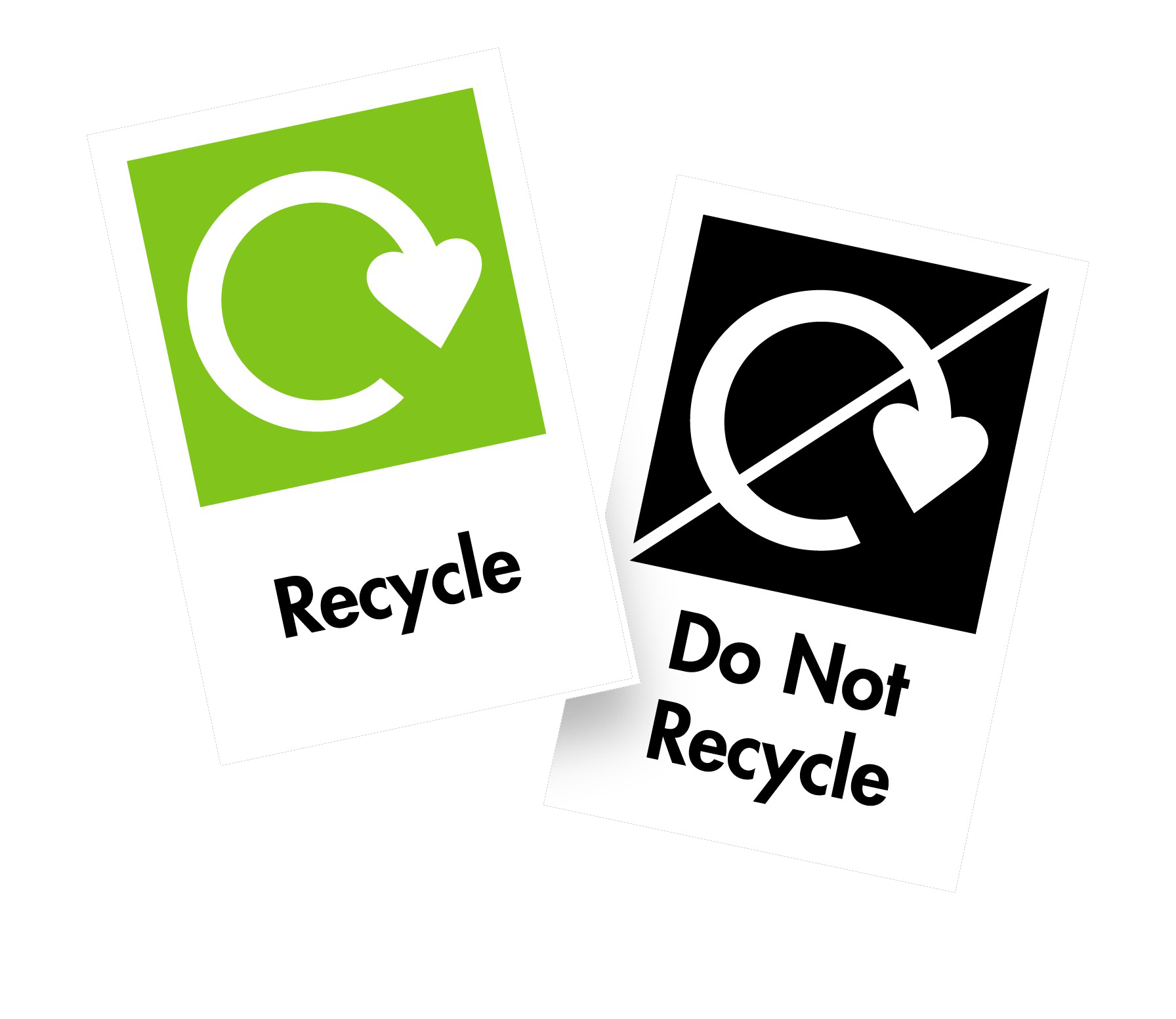Mandatory labelling – removing confusion, reinforcing circularity

Business
Jude Allan, Interim MD at OPRL – the organisation behind the packaging recycling swoosh – explains what mandatory recycling labelling means for packaging producers.
When it comes to recycling, luxury packaging has not always fared well. Special finishes and bonded materials can present a challenge for recyclers, and sometimes even the volume of packaging used to create an impact is problematic. With new legislation coming into force around the globe, however, brands need to assess recyclability and label each product with clear recycling instructions.
Recycling can have a huge impact. It preserves habitats and resources and reduces carbon emissions. It also saves money. The UK’s Extended Producer Responsibility for Packaging (pEPR) legislation, the first phase of which came into force in the UK in 2023, aims to build a more circular economy by increasing packaging recycling. The basic tenet is to place the onus on packaging producers (brands and importers) to fund the collection, sorting and recycling of packaging thrown away by households.
As well as changing the funding mechanism for UK recycling, pEPR includes a requirement for every piece of packaging placed on the market to undergo an assessment for recycling, and to include clear instructions to customers by 1 April 2027. This includes all packaging materials, including flexible films.
OPRL has been supporting businesses to provide clear recycling labels for more than 15 years, and our research shows that for consumers, confusion is the main barrier. If people report confusion over everyday items, luxury packaging can present an even greater dilemma. Many items include a number of elements, often made up of multi-materials and a variety of colours, so providing clear labelling will be even more important in helping people to make the right choices.
Our experience shows that consistency is crucial. Under the new regulations, all products will display the recycling swoosh that is currently only in use by OPRL members, with a simple instruction to ‘recycle’ or ‘do not recycle’. The rules apply to any packaging that is ultimately destined for the household bin.

Before businesses can jump ahead and plan for new labels, they need to know whether or not their packaging is recyclable. This may sound straightforward, but assessing recyclability is a complex process that encompasses the entire supply chain. Packaging manufacturers and suppliers are located around the world and arrangements can vary enormously. Some brand owners commission bespoke packaging designs; others choose off-the-shelf packaging or design elements.
As well as providing protection for the product, brands are looking to retain the luxury cues that signify quality to customers. However, in order to achieve these needs while also meeting the demands of legislation, clear communication throughout the whole process is essential.
Over the years, we have found that there is far more to labelling than the final label. The outcome may be a simple label, but the detail and evaluation behind it are complex and nuanced. In order to make our decisions on whether to award a recycling label, OPRL uses evidence-based assessments from an independent panel of representatives from the packaging, brand and waste management sectors. To qualify as recyclable, packaging must be collected, sorted, processed and sold as recyclate for use in new packaging or products.
So far, OPRL has been the only organisation awarding independent assessments but, under the new legislation, Defra will provide definitive guidance. It has committed to giving businesses two years to plan ahead, which means that full guidance on which materials are recyclable would need to be available by 31 March 2025.
In some instances, once Defra’s Recycling Assessment Methodology (RAM) is released, we may need to change our own labelling rules. As a result, OPRL members would need to change their labels, so we will be working to communicate those changes to our members in a timely manner, as soon as the specifications are available.
If there is one key message to take from the changes, it is that OPRL is urging businesses to begin preparations as early as possible. Simply managing recycling assessments across multiple products is daunting enough; updating artwork, managing print runs and controlling stock levels requires planning and delivery across a range of partners. Some businesses will find it more straightforward than others – some packaging designs remain the same for years, while others change year-on-year.

OPRL members include eight of the 10 largest grocery brands, as well as numerous smaller businesses across a wide range of categories. A recent poll taken during one of our webinars showed that for many of our members, expertise in legislation represents the largest opportunity for improvement. When we asked about key sustainability packaging goals, not surprisingly these also tied in with the government’s packaging reforms. Increasing recycled content, for example, figured highly, as did plastic reduction.
With pEPR on the horizon, we have seen a marked increase in queries. These range from, ‘How do you calculate a 25cm2 surface area?’ and ‘What is the largest face on a sphere?’, to ‘What are the cost implications of recyclability assessments?’. Many questions are generic, others apply to individual circumstances. In each case, we apply Defra guidance to give brands the strongest chance of complying.
While the changes will take time and involve inevitable teething issues, the end goal is worth pursuing. As global markets push towards a circular economy, Extended Producer Responsibility for Packaging – including the requirement for clear labelling for consumers – represents a force for positive change.
Related News
-
Supplier News
YPS welcomes OPRL labelling change
-
Business
Defra: EPR scheme for packaging deferred to October 2025
-
Business
UK launches consultation for fairer and clearer food labelling
-
Supplier News
Spectra: The better choice – Direct printing vs. labelling
-
Supplier News
Macsa Id helps world renowned winery automate its coding, marking and labelling process




